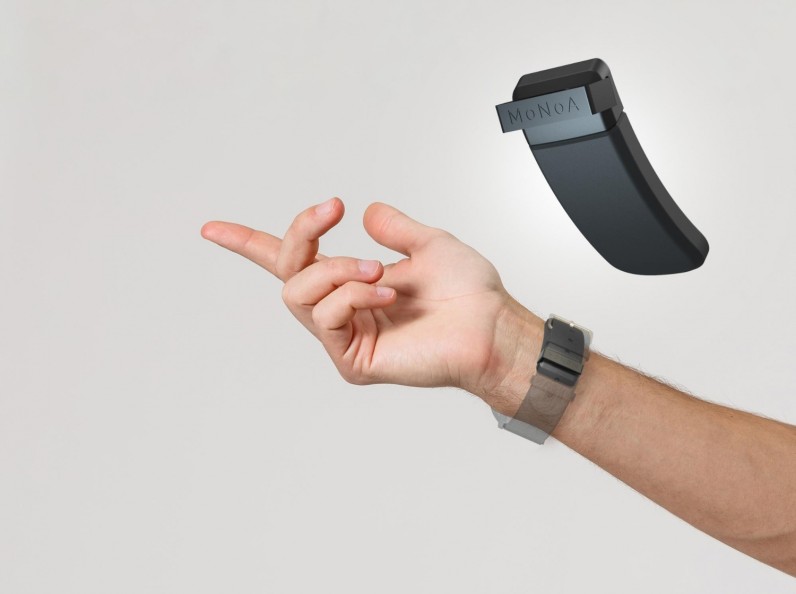
From the pressures of work deadlines to the demands of personal relationships, stress can manifest in various forms and impact our physical and mental well-being. However, despite its prevalence, understanding and effectively managing stress remains a significant challenge for many. MoNoA's unique approach to stress measurement and management brings a ray of hope, offering a solution.
MoNoA provides individuals with insights into their stress levels and reactions. While the company offers a new take on stress measurement through advanced wearable technology and data analytics, carving its niche in a market saturated with health monitoring devices has posed a few challenges.
One of the primary hurdles faced by the company was the need to differentiate itself from existing technologies. MoNoA's CEO, Stijn Bogaerts, explains, "Many consumers and industry professionals alike were accustomed to traditional methods of stress measurement, such as heart rate variability or photoplethysmography (PPG) sensors. Convincing them of the superiority of MoNoA's approach, which focuses on the autonomic nervous system linked to cortisol levels, required considerable effort and clarity in communication."
MoNoA offers a unique combination of accuracy, affordability, and user-friendliness. Unlike traditional fitness trackers, which primarily rely on heart rate monitoring, MoNoA's wearable device measures a range of physiological parameters, including galvanic skin response (GSR, also called EDA), skin temperature, and movement. This comprehensive approach not only provides users with a better understanding of their stress levels and reactions but also empowers them to take proactive steps toward stress management, putting control back in their hands.
Furthermore, MoNoA's emphasis on affordability and accessibility sets it apart from specialized research-grade devices, making stress monitoring accessible to a broader audience. With a price point of €125, MoNoA's wearable device offers an attractive alternative to expensive medical-grade solutions without compromising accuracy or reliability.
Recognizing the challenges inherent in targeting individual consumers in the competitive health technology market, MoNoA made a strategic pivot from a business-to-consumer (B2C) model to a business-to-business (B2B) focus. This transition was driven by the company's commitment to maximizing cost-effectiveness and leveraging strategic partnerships to scale its operations effectively.
One primary reason behind this transition is the significant reduction in marketing expenditures and customer acquisition costs. In a B2C model, attracting and retaining individual consumers requires substantial investment in advertising, branding, and customer support. By targeting businesses instead, MoNoA can bypass these expenses and leverage existing networks and distribution channels to reach a broader audience more efficiently.
Moreover, the B2B model allows MoNoA to tap into a larger pool of potential customers, including corporate wellness programs, healthcare providers, electronic manufacturers, and technology integrators. These businesses often have established infrastructures and resources for implementing and promoting stress management solutions, making them ideal partners for MoNoA's expansion efforts.
As MoNoA continues to make strides in stress management technology, it's essential to understand its competitive landscape. In a market teeming with various stress measurement devices and wearables, MoNoA sets itself apart through its innovative and unique approach and comprehensive solution. For more information, visit monoa.health.







Join the Conversation